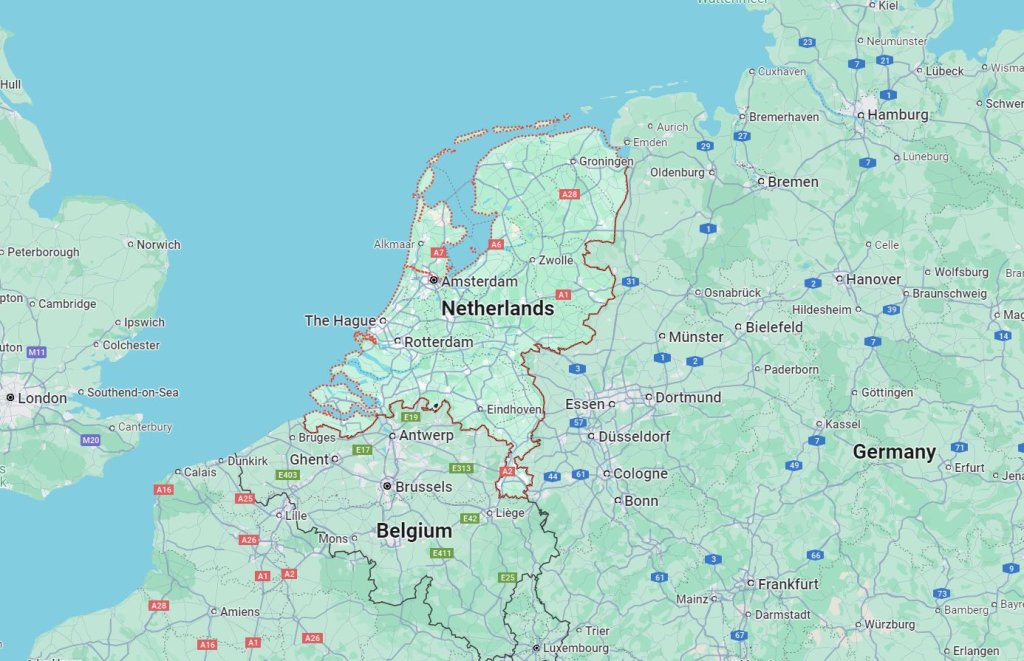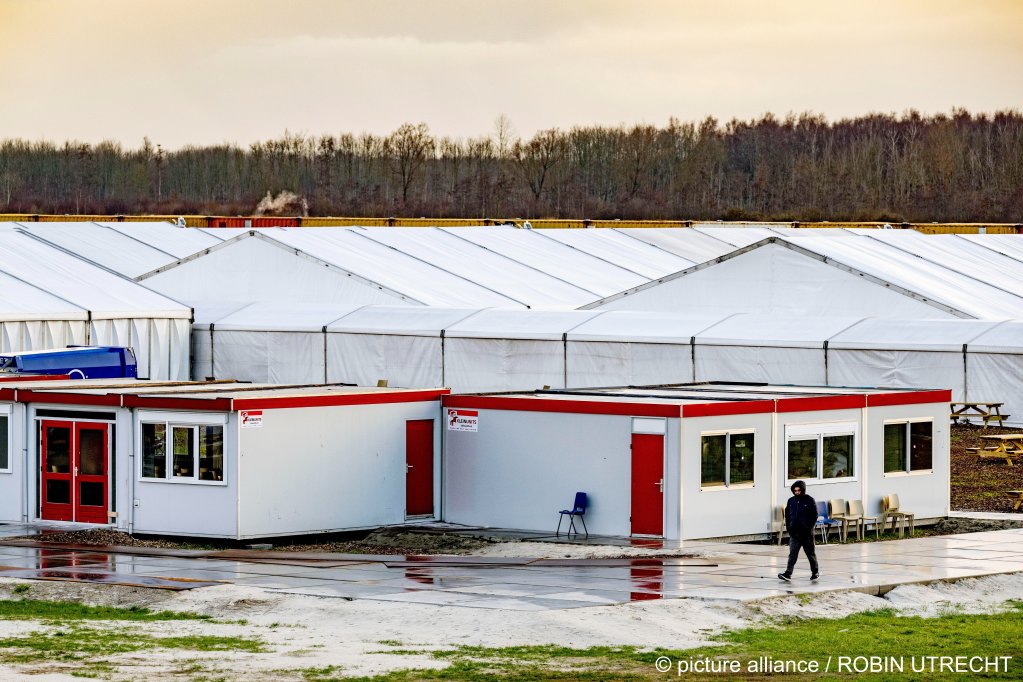The far-right Dutch government has decided to launch previously announced border checks in early December. Since it came to power in July, the governing coalition has agreed on a number of tough measures against asylum seekers.
On Monday (November 11), the government of the Netherlands announced that it intends to start border checks from December 9, German news agency dpa reported. The move was decided in October and is part of the four-party governing coalition's plans to tighten asylum laws.
Dutch border police will deploy mobile teams to counter irregular migration and migrant smuggling, far-right Minister for Asylum Marjolein Faber said in the Dutch capital, The Hague.
Private border traffic and lorry transportation are to be disrupted as little as possible, she said further, adding that the checks are supposed to last initially for six months. According to dpa, they were originally scheduled to begin in November.

Border municipalities have voiced their opposition to the checks, dpa reported. In a joint declaration, they called the decision a "harmful development" and a "sham solution".
They also said that the German border checks regularly cause traffic jams and even accidents. Moreover, they pointed out that transport companies complain about increased costs due to delays. InfoMigrants was not able to verify these claims.
Germany reintroduced land border checks in September at all its borders in a bid to reduce the number of irregular entries. Last month, new findings on irregular border crossings published by Germany's Federal Police showed mixed results.
Read AlsoGermany border controls: What this means for refugees and asylum seekers
Planned deportations to Syria, Uganda
The border checks announcement was expected and comes on the heels of last month's agreement on tough(er) measures against asylum seekers. While the controversial idea of declaring a nationwide state of emergency over its asylum situation was scrapped, the governing coalition -- following months of heated debate -- agreed on a series of other measures to tighten Dutch asylum law, including the introduction of border controls.
The coalition -- made up of the far-right Freedom Party (PVV), the conservative-liberal People's Party for Freedom and Democracy (VVD), the centrist New Social Contract (NSC) party and the agrarian, populist Farmer–Citizen Movement (BBB) party -- also aims to designate parts of Syria as safe zones and deport refugees there.
The Netherlands is moreover considering a plan to send rejected asylum seekers from the African continent to Uganda. According to the plan, Uganda would accommodate them in reception camps and receive financial compensation in return. His country was "open to any discussions", the Ugandan Foreign Affairs Minister told Dutch broadcaster NOS in September.
Read AlsoNetherlands: Can trips back to Syria compromise asylum applications?
Restrictions to refugee housing
Also in September, the Dutch government announced plans to end state-funded housing for rejected asylum seekers by 2025. The cities of Amsterdam, Rotterdam, Utrecht, Eindhoven and Groningen, however, are now free to continue supporting these refugees at their own expense. Amsterdam has already announced it will continue to do so, at least for the coming year.
Other restrictions, according to dpa, include housing refugees with residence permits in modest accommodation, such as container homes, and deporting individuals without asylum status more quickly. Both chambers of parliament reportedly still need to vote on the plans.

Back in September, the governments of Hungary and the Netherlands applied for exemption from the EU's asylum rules. However, it is unlikely that the two countries will succeed with the motion: To qualify for any special treatment, all 27 EU states would need to back their proposals to opt out of EU asylum standards. Furthermore, the EU already agreed on a new asylum system almost a year ago and is about to start implementing it in practice.
Read AlsoFour arrested over fatal attack on asylum seeker Abdi Raage in Holland
with dpa
